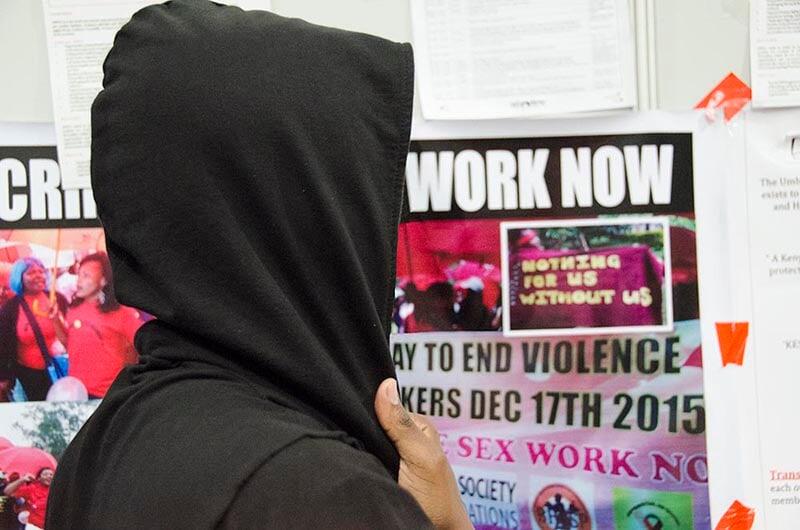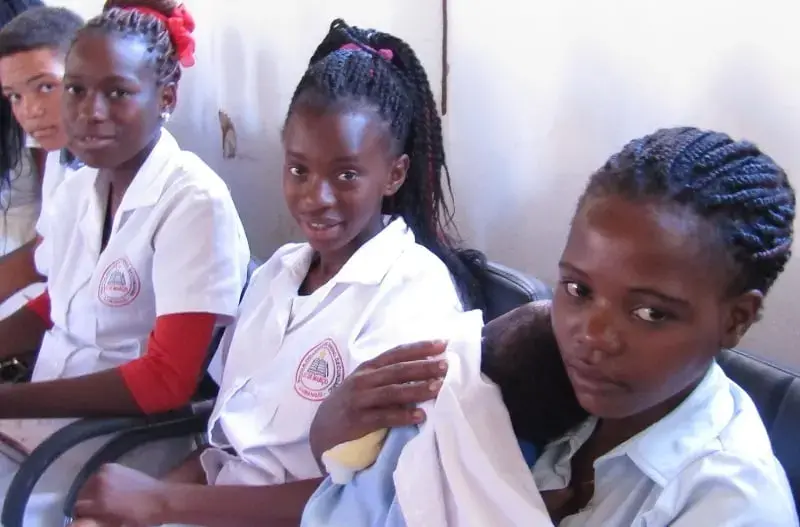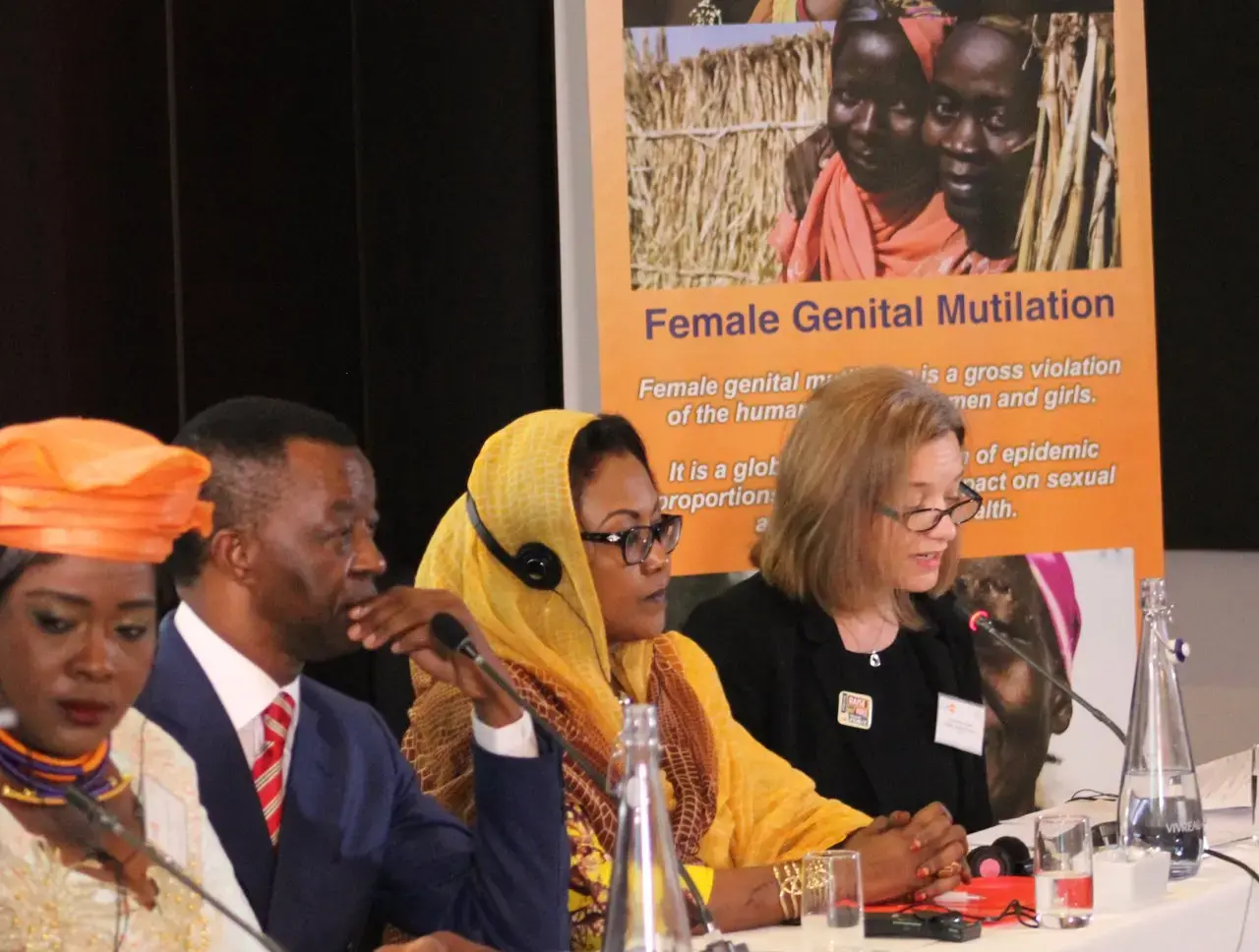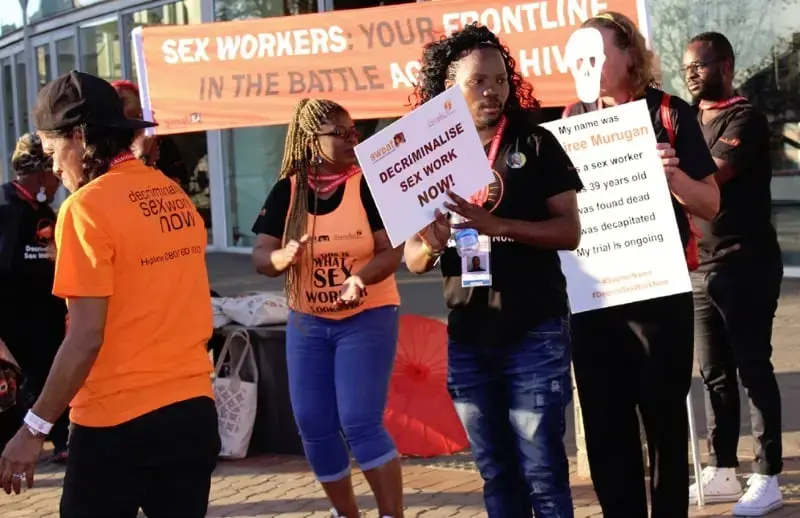Kev, 23, grew up in a slum in Nairobi, Kenya where he was raised by his single mother. When he was just 16 years old, he was introduced to sex work by a friend.
Through [sex work], I could get quick money,” said Kev. “I was able to get money for food, shelter and clothing for me and my siblings because my mother could not afford these things.”
By the time he turned 20, he had spent four years as a sex worker, dropped out of high school and contracted HIV. “My family doesn’t know. I don’t want to have to stress my mom with that. She would not understand why I went into sex work, but it was for the sake of the family,” he said.
When Kev found out he was HIV positive, he could not go to his family for support, nor find it at his local health care facility. “When I needed health care, they were so rude and refused to treat me. I had to get a friend to buy me medicine from a pharmacy instead.”
Kev connected with an organization called Health Options for Young Men on HIV/AIDS/STIs (HOYMAS), which helped him leave sex work to finish high school, receive training and start a small business. He is financially self-sufficient and is also able to help his mother and siblings. But it doesn’t stop there - Kev now dedicates his time to an organization that helped him. Aiding their communications and outreach, he is supporting other young sex workers, ensuring they receive accurate information to protect themselves and the supportive, non-judgemental care they need to stay healthy.
“Most of the young people who are getting into sex work are not going of their own free will but out of a will to survive,” he said. “Thanks to UNFPA and organizations like HOYMAS, I’ve been trained to do outreach for other young sex workers. We take them to health-care facilities, where they also receive sexuality education and health services. We teach them the importance of prevention – using condoms and doing STI screenings – and we link them with other organizations for local [vocational] training so that they can open shops and businesses to make money.”
“I am now at university, studying mass communication,” he said with a proud smile. “One thing I would really want to do more of is to go back to where I came from and support young people who are at risk and prevent them from going through what I went through.” He also stressed the need for governments, civil society organizations and communities to continue to involve young key populations and their unique needs as part of the broader development of policies, programming and provision of education and health services.
* Name changed to protect his identity.





